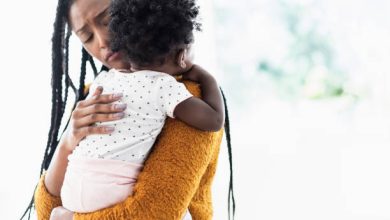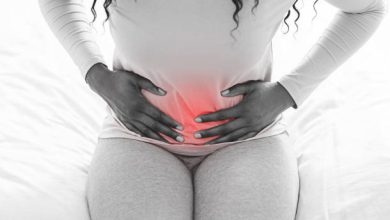Your Guide to Managing Your Health at Every Age


Uterine fibroids are common non-cancerous growths of the uterus that often appear during childbearing years. While they are usually not dangerous, they can cause discomfort and, in some cases, lead to complications. Managing uterine fibroids involves understanding their impact at different stages of life and taking proactive steps to address any symptoms or concerns. In this age-by-age guide, we’ll explore how uterine fibroids can affect you at different stages of life and offer tips for managing them effectively.
In Your Teens and Twenties
Uterine fibroids are less common in younger women, but they can still occur. However, if you start your period before age 10, you may be at increased risk of developing fibroids later in life, according to the National Institutes of Health (NIH).
During these years, it’s essential to pay attention to your menstrual cycle and any changes in your periods. If you experience unusually heavy or prolonged bleeding, severe menstrual cramps, or pelvic pain, it’s essential to consult with a healthcare provider.
Naghmeh Salamat Saberi, M.D., OB/GYN division director at University of California Irvine Health in Irvine, CA explains, that these factors can also affect your sexual desire in your 20s, which is around the age that many women start considering starting a family.
“Treatment of fibroids may depend on your age and your reproductive goals,” Dr. Saberi tells Health Central.
Establishing a healthy lifestyle that includes regular exercise and a balanced diet can help support overall reproductive health.
RELATED: Living with Fibroids: Surgery Isn’t The Only Way To Stop Them
In Your Thirties and Forties
This is the peak time for uterine fibroids to develop and cause symptoms. As you approach your thirties and forties, it’s crucial to monitor any changes in your menstrual cycle, as well as any symptoms such as pelvic pain, pressure, or an increase in menstrual bleeding.
Planning to get pregnant? Most women with fibroids can conceive naturally and have successful pregnancies.
However, because the hormones associated with pregnancy can promote fibroid growth, your fibroids may




